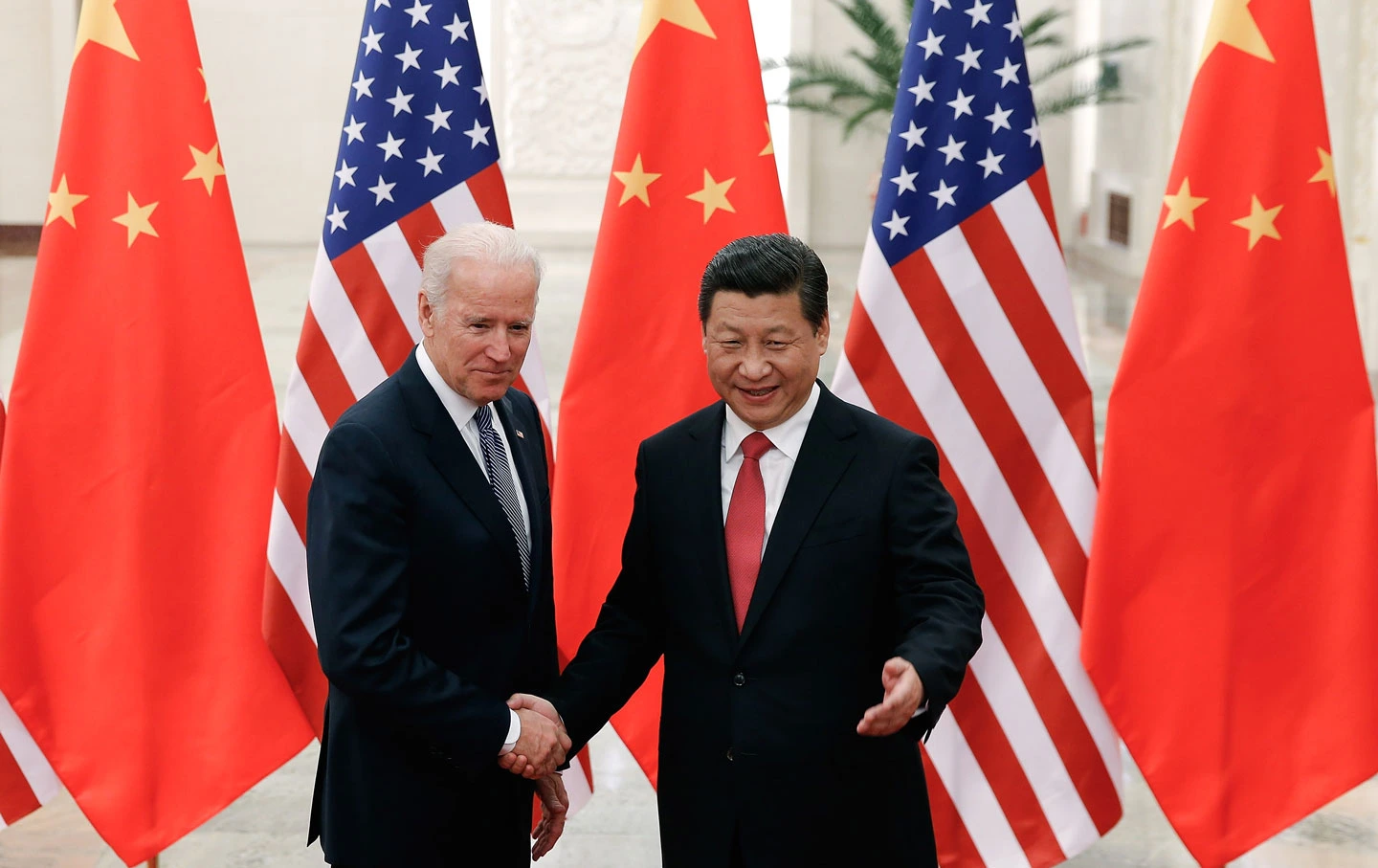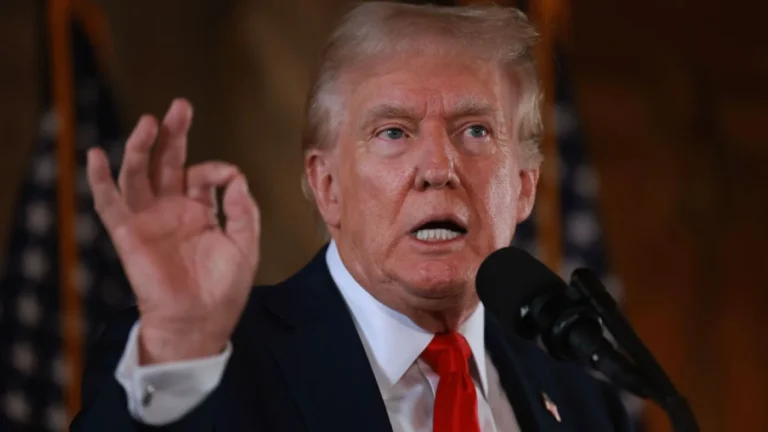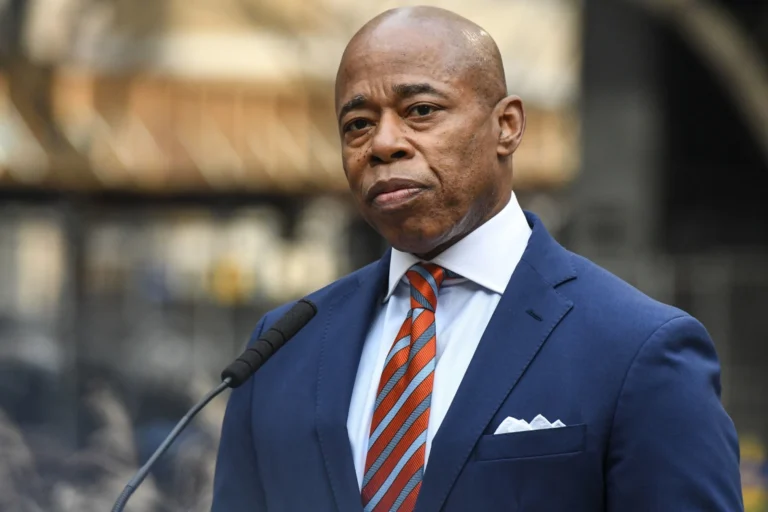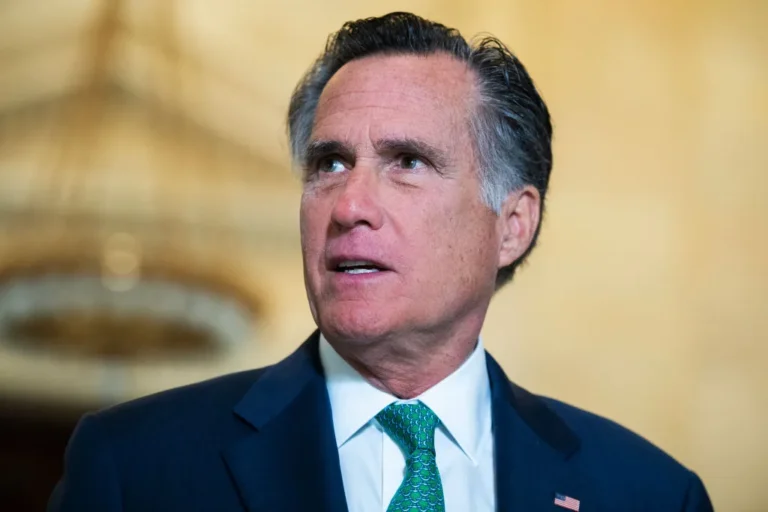Last November, during a meeting between U.S. President Joe Biden and Chinese President Xi Jinping, the Chinese delegation reportedly requested a change in the wording the United States uses to describe its stance on Taiwanese independence. According to two U.S. officials familiar with the private discussion, Xi urged Biden to adjust the phrasing in official U.S. statements to explicitly state, “we oppose Taiwan independence,” instead of the current wording that “the United States does not support Taiwan independence.”
The meeting, held near San Francisco, included Xi’s aides, who have since continued pressing for the change. U.S. officials confirm that despite these follow-up requests, the U.S. has declined to alter its language. A White House spokesperson, when asked for comment, reiterated the Biden administration’s consistent position, emphasizing its adherence to the “One China policy” and stating that “Washington does not support Taiwan independence.”
In response, China’s foreign ministry referred inquiries to the U.S. government, while Taiwan’s foreign ministry declined to comment.
The Taiwan issue has long been a sensitive flashpoint in U.S.-China relations. After the Chinese Civil War ended in 1949, the Republic of China (ROC) government relocated to Taiwan, where it continues to operate as a sovereign entity. Although Beijing claims Taiwan as part of its territory, Taiwan maintains that it has no plans to alter its official status as the “Republic of China.”
This recent request underscores China’s continued diplomatic push to shift U.S. language on Taiwan. U.S. relations with Taiwan were officially severed in 1979, but U.S. law mandates support for Taiwan’s self-defense. China has consistently voiced its claim over Taiwan and has ramped up military activity near the island, intensifying concerns in the region.
It remains unclear why Xi raised this language request at this time, though opposition to Taiwanese independence has been a central theme of his presidency. The Biden administration has so far viewed China’s request as a non-starter. Taiwan was reportedly briefed on Beijing’s recent overtures, with a senior U.S. official suggesting that China would welcome more accommodating statements from Biden on Taiwan — though Biden has indicated he will maintain the existing U.S. language on the matter.
If the U.S. were to adopt China’s preferred phrasing, regional officials note that it could prompt concerns among U.S. allies and signal reduced American support for Taiwan’s security and diplomatic standing. China has escalated military activity around Taiwan over the past five years, with record-breaking war games and demonstrations simulating a blockade and assault scenarios, raising tensions in the Asia-Pacific.
Additionally, U.S. policy on Taiwan has occasionally shifted. In 2022, the State Department temporarily removed language from its Taiwan webpage stating it does not support Taiwanese independence. This change upset Beijing, and the language was later reinstated.
The Taiwan issue will likely remain central to U.S.-China relations, as Biden and Xi are expected to engage again before Biden’s term ends in January. Talks may occur by phone or during upcoming G20 and APEC summits, one of the few forums where both China and Taiwan participate. As Biden’s administration looks toward the 2024 election, this high-stakes issue will be passed to either Democratic Vice President Kamala Harris or Republican former President Donald Trump, depending on the outcome.






